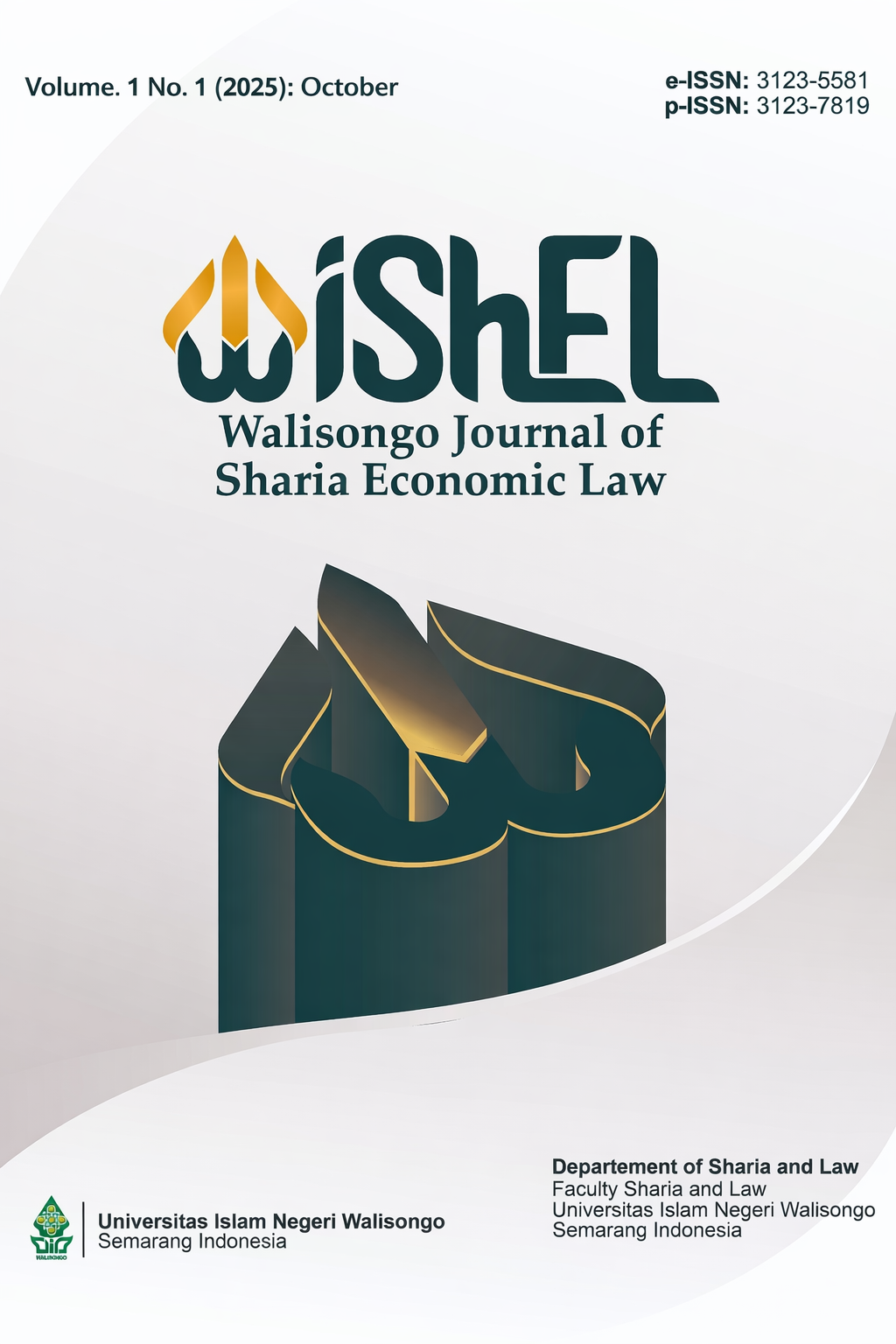Legal and Regulatory Challenges in the Implementation of Blockchain-Based Waqf in Indonesia
DOI:
https://doi.org/10.21580/wishel.2025.1.1.29407Keywords:
digital waqf, blockchain, regulation, Islamic law, smart contract, technology literacyAbstract
This research aims to identify and analyze legal and regulatory challenges in the implementation of blockchain technology-based waqf in Indonesia. Using a qualitative approach through case studies, data was obtained through in-depth interviews with Islamic financial regulators, academics in the field of law and technology, and digital waqf practitioners. This study also examines legal documentation and observations on digital waqf platforms that have implemented blockchain systems, such as Dompet Dhuafa and Waqf Chain. The results of the study show that the main obstacles lie in the absence of regulations that specifically regulate the use of smart contracts and digitization of waqf assets, doubts about sharia compliance, and low technological literacy among nazhir and the community. These findings indicate the need to strengthen legal and regulatory frameworks that are adaptive to technological developments, as well as to increase the capacity of waqf actors through training and socialization. The implications of this study emphasize the importance of synergy between legal authorities, waqf institutions, and technology developers to create a digital waqf ecosystem that is safe, transparent, and in accordance with sharia principles.
Downloads
Downloads
Published
How to Cite
Issue
Section
License
Copyright (c) 2025 WiShEL: Walisongo Journal of Sharia Economic Law

This work is licensed under a Creative Commons Attribution-NonCommercial 4.0 International License.
This work is licensed under a Creative Commons Attribution-NonCommercial 4.0 International License (CC BY-NC 4.0). All writings published in this journal are personal views of the author and do not represent the views of this journal and the author’s affiliated institutions.











